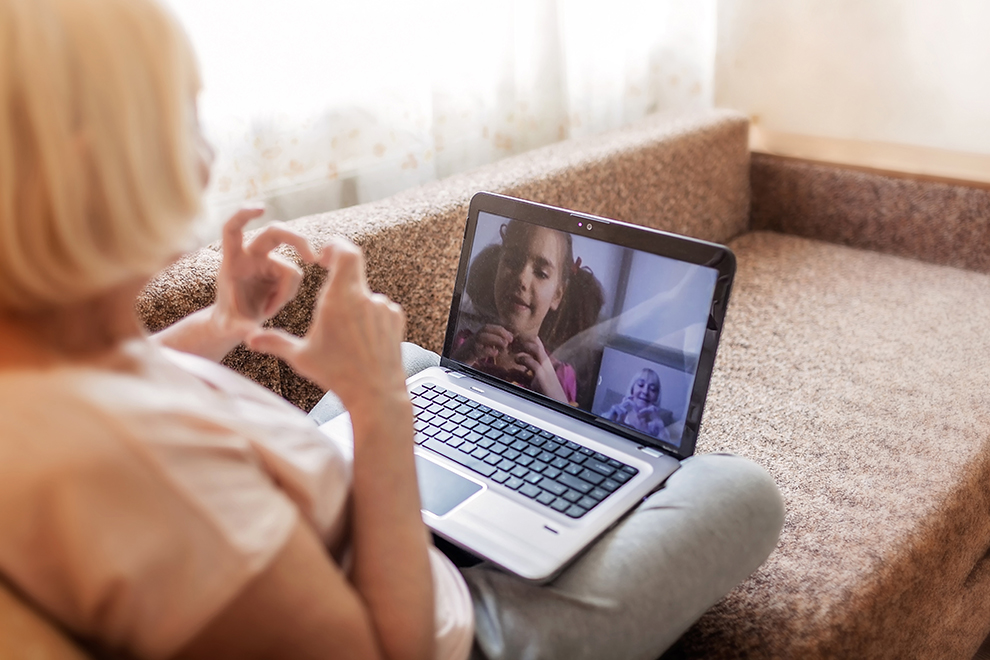Looking after your mental health during a pandemic

Dr. Koczerginski explains how to avoid cabin fever
We know to wash our hands, sanitize surfaces and practice social distancing to protect our physical health during the ongoing COVID-19 pandemic – but what about our mental health?
Self isolation has become the reality for millions of people throughout the world.
Social isolation and disconnectedness can intensify feelings of stress, loneliness, anxiety and depression. We run the risk of losing our sense of purpose as we give up our routines, structure, and productivity. Spending too much time watching the news and being lost in one’s own thoughts can raise levels of anxiety and fear significantly, which can contribute to depression.
Dr. David Koczerginski, Chief of Psychiatry at North York General Hospital shares his tips for taking care of your mental health in the face of uncertainty.
- Stay connected
- Call friends and family.
- Use social media platforms to connect with others.
- Make use of video platforms such as FaceTime and Skype for face-to-face individual and group social contact. Ask for help if you’re not comfortable using these technologies to connect with others.
- Spend time outdoors
- Make an effort to go for walks with social distancing in mind, backyards, or empty streets; anywhere that one can be in an open space with exposure to light while maintaining social distance from others. Exposure to light can help with mood, energy, and performance.
- Find activities that are personally fulfilling
- Exercise and physical activity will help maintain mood and lessen anxiety. Try and keep to routines including times to awaken, shower and dress, meals, and sleep.
- Depending upon your interest you may choose to read a book, watch a movie, enjoy a puzzle, artwork, or writing, for example. We are all different and therefore all have differing interests. Connect with yourself.
- Look for ways to help others by checking in, expressing interest, and sharing ideas. Helping others will provide a sense of meaning, purpose and fulfillment.
- Find perspective
- This most atypical time of community pandemic provides opportunity to acknowledge and maintain focus on all of the positive things in our lives, in ourselves, and in our future. Things that we so often take for granted and remain in the back of our conscious thoughts. This includes family, friends, and the strength and skills within each of us. These may be intellectual, artistic, physical, social, moral or spiritual. Write them down and discuss them with people you know and trust.
- This time of social distance also provides an opportunity to feel increasingly connected to our community as we are all facing this common stress. You are not alone in this circumstance and we all share the same discomfort.
- Monitor your mood
- There are many who already suffer from pre-existing anxiety, depression or substance use problems. During times of added stress and social isolation it is most important to monitor your mood and level of anxiety on a daily basis to ensure your safety. Make use of all of your positive coping strategies.
- Avoid unhealthy coping strategies such as alcohol, tobacco, online gambling and recreational drugs. This is especially important if you have a pre-existing vulnerability to use substances excessively in non-social settings.
- Ensure that you stay connected to health care providers. There has been much transition in recent weeks to virtual care by use of telephone and face-to-face video platforms. If ever feeling unsafe, call a crisis line, call your family physician or other healthcare provider or attend to the Emergency Department at any time. Most importantly never give up on yourself.
“Unusual times of societal stress provide opportunity for personal reflection and growth, says Dr. Koczerginski. “Paradoxically there can be increased connection with others while socially distancing.”
